An NPR/PBS News Hour/Marist poll released on August 16 contained bad news for President Trump. Only 31 percent of registered voters believe that his response to the events in Charlottesville, Virginia, was strong enough, compared to 51 percent who think that it was not.
A CBS News poll released the next day continued the drumbeat, with a new twist: the more the president reacts, the deeper the hole he is digging for himself. Among respondents surveyed before Mr. Trump’s impromptu news conference on Tuesday, 35 percent approved of his response and 52 percent disapproved, a negative margin of 17 points. Among those surveyed after the news conference, approval fell slightly, disapproval rose sharply, and his negative margin widened to 25 points.
In both surveys, reaction to the president divided along partisan lines, with a majority of Republicans supporting the president and majorities of Democrats and Independents opposed. But there was a surprise that should give the rally-the-base strategists in the White House pause: although 59 percent of Republican respondents in the NPR/PBS/Marist poll felt that that Mr. Trump’s Charlottesville response was strong enough, just 32 percent of white working-class voters—the linchpin of Mr. Trump’s upset victory last November—agreed.
This split exemplifies a broader reality that goes against the grain of conventional wisdom: on many issues raised by recent racially charged clashes, white working class voters are no more sympathetic to ethno-nationalism (and in some cases less so) than are Republicans as a whole. Only 2 percent of white working class voters agree with the beliefs of the KKK, 4 percent with white supremacists, 5 percent with white nationalists, and 6 percent with the alt-right. The hate groups who fomented murderous violence at the University of Virginia represent a tiny fringe of the population, not the tip of an iceberg.
On the other hand, fully 50 percent of registered voters agree with the Black Lives Matter movement. Among white working class voters, agreement with Black Lives Matter stands at 43 percent. Among Republicans as a group, by contrast, only 22 percent agree with Black Lives Matter.
Despite finding widespread support for a progressive group championing African American concerns, the NPR/PBS/Marist survey revealed some surprising nuances in the public’s views on racially inflected issues. For example, 62 percent of registered voters believe that Confederate statues should remain on public display as historical symbols, compared to 27 percent who think they should be removed because some people find them offensive. Democrats are split nearly evenly: 47 percent favor removal, while 44 percent oppose it. And African Americans are split as well: 44 percent think the statues should remain, 40 percent think they should be removed. Activist groups who take it on themselves to tear down Confederate statues without legal authorization may find less support than they hoped for their acts of civil disobedience.
The Brookings Institution is committed to quality, independence, and impact.
We are supported by a diverse array of funders. In line with our values and policies, each Brookings publication represents the sole views of its author(s).

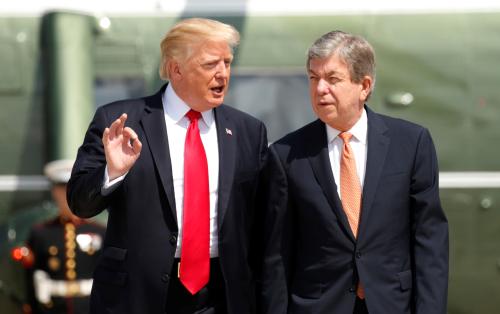
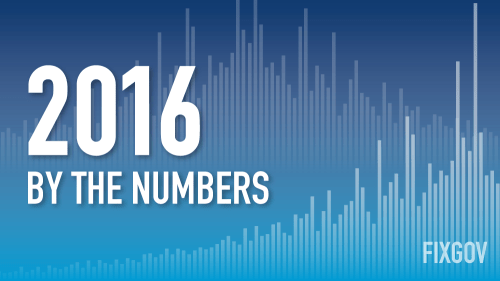
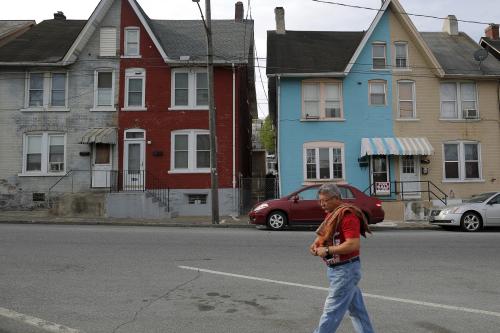
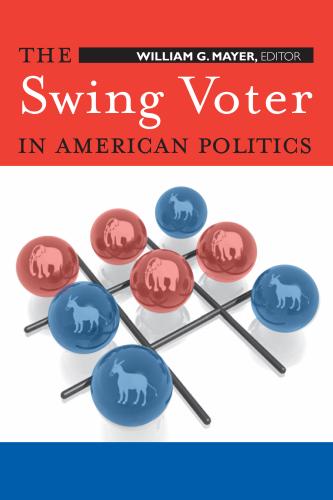
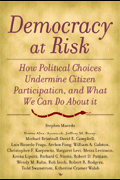
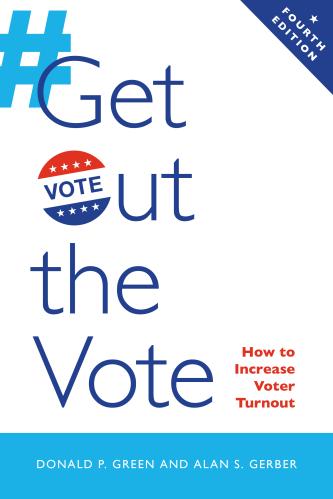




Commentary
Trump’s Charlottesville response falls flat with the public—and with his working-class base
August 17, 2017